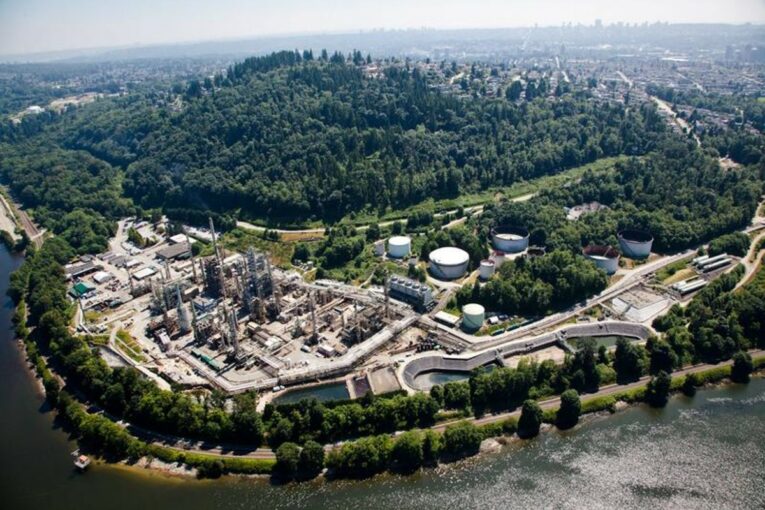
Interview with Christy Elliott, Chief Sustainability Officer, Senior Vice President, General Counsel and Corporate Secretary, Parkland Corporation – by Diana Davis, Editor at Oil & Gas IQ
Are wastewater biomass and canola the future of energy? One Canadian company is betting big that they will be a key component of the transition to net zero.
Parkland Corporation says that it was the first company in North America to co-process bio-feedstocks such as canola and tallow (animal fats) alongside crude to make renewable gasoline and diesel.
The result is a fuel that is identical to conventional gas and diesel but with a markedly reduced carbon intensity. They’re also exploring how to incorporate wastewater biomass and tall oil (a forestry by-product) into their refining operations to create a new generation of biofuels.
“It’s an exciting time as we work out how to reduce our own impact and help our customers reduce their impact as well,” says Christy Elliott, Chief Sustainability Officer, Senior Vice President, General Counsel and Corporate Secretary, Parkland Corporation.
The company supplies over 21 billion litres of petroleum products annually to communities in Canada, the United States, and the Caribbean. It has a refinery in Burnaby, BC and operates nearly two thousand convenience stores across Canada alone under well-known brands like Pioneer, Ultramar, Fas Gas Plus, Chevron, and On the Run / Marché Express.
In its latest sustainability report the company says that it aims to help customers reduce their GHG emissions by up to 1MT a year by 2026 through increased production of low-carbon fuels – the equivalent of taking over 350,000 cars off the road.
In this interview, Elliott discusses sustainability at Parkland, describes how her company is helping customers to reduce their emissions, and explains why she believes that biofuels are essential to the energy transition.



